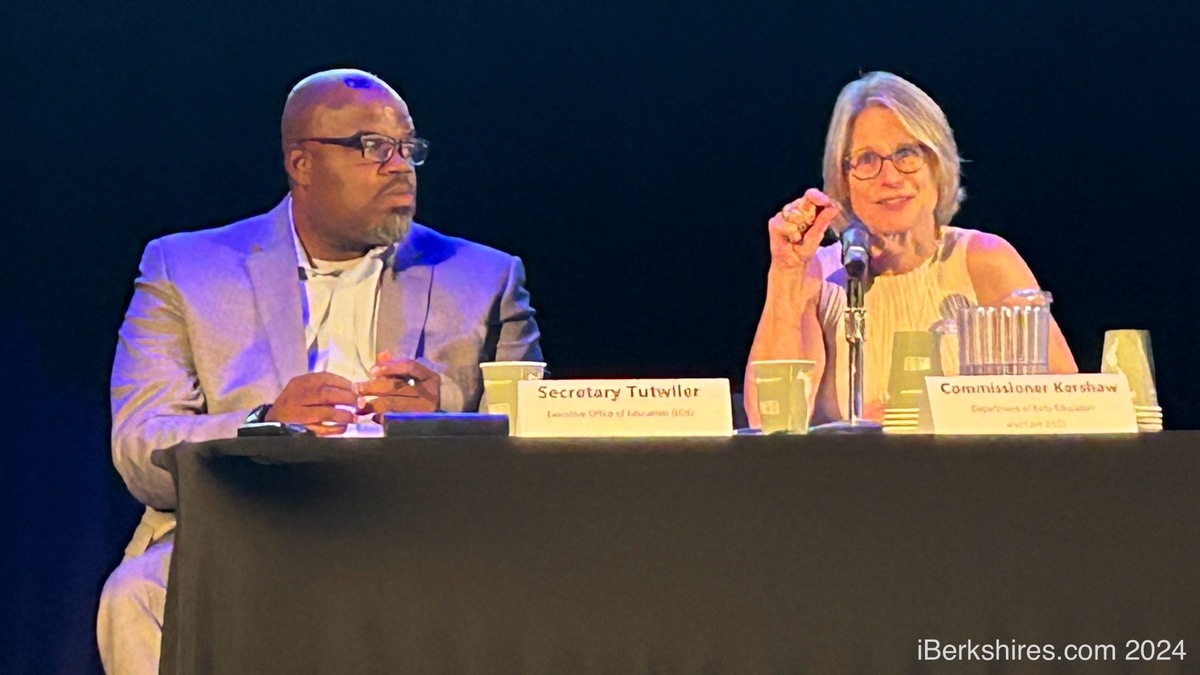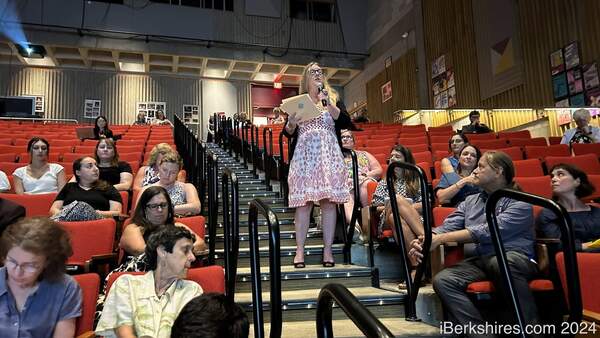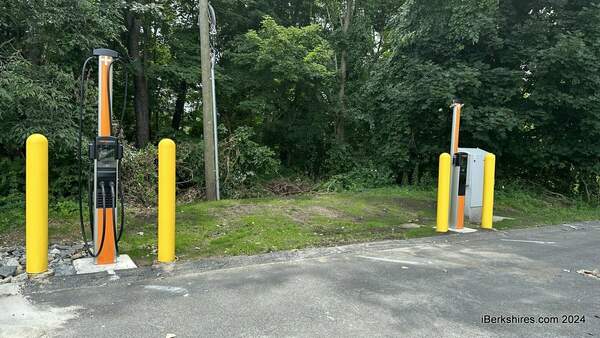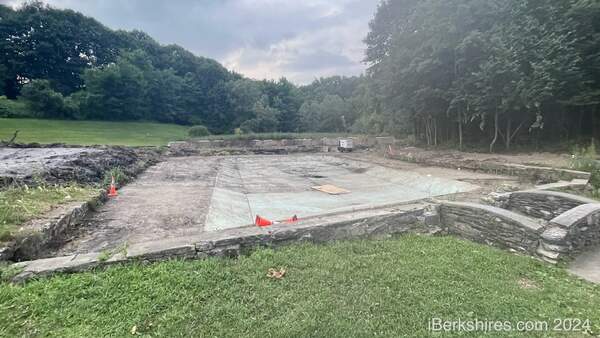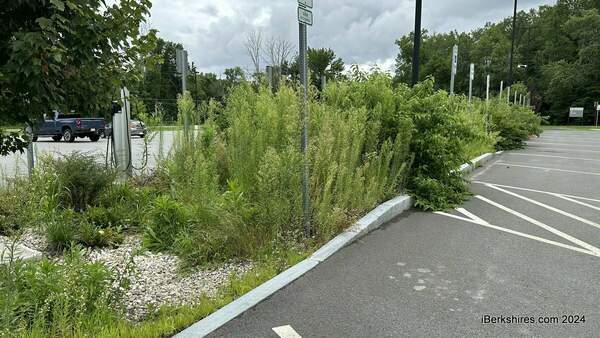BOSTON — The Healey-Driscoll Administration announced it was selected by the U.S. Department of Energy (DOE) to receive a competitive grant for $3.9 million.
The funds will support the adoption and implementation of the updated Stretch Energy and Specialized building codes throughout Massachusetts. The Department of Energy Resources (DOER) will use the grant to offer field-based training to aid implementation in the affordable housing industry, support local building code officials, and enable the sharing of regional best practices to advance the equitable adoption and implementation of the updated codes.
"Our administration sees an unprecedented opportunity to compete for federal dollars to support our communities and advance our clean energy transition," said Governor Maura Healey. "This grant will give a critical boost to our efforts to make our buildings more energy efficient and lower costs for residents and businesses. We're grateful to the Biden-Harris Administration for their support of this important work."
Funded by the Bipartisan Infrastructure Law, the DOE's competitive awards will help states, cities, tribes, and partnering organizations implement updated energy codes for buildings.
DOER will partner with the Metropolitan Area Planning Council (MAPC), NorthEast Energy Efficiency Partnerships (NEEP), and New Buildings Institute (NBI) to use this funding in support of the adoption and implementation of the updated stretch code and the new Specialized code.
"Building decarbonization is a key component of Massachusetts' Clean Energy and Climate Plans and will save households and businesses from reliance on expensive, imported, volatile fossil fuels," said Energy and Environmental Affairs Secretary Rebecca Tepper. "Efficiency and electrification of new construction is one of the most cost-effective strategies to achieve emissions reductions in the building sector and will help Massachusetts meet its climate goals."
Last year, DOER updated the stretch energy code and introduced the new municipal opt-in Specialized
stretch energy code. The Healey-Driscoll Administration anticipates that the stretch energy codes will save an estimated 500,000 tons of greenhouse gas emissions in the year 2030 with no-to-minimal costs to new construction and $21 billion in lifecycle cost savings in both construction and operating costs. Greenhouse gas emissions savings is projected to rise to 694,000 tons per year by 2035 from new construction relative to today's national model energy code.
Successful deployment of the updated codes in Massachusetts is projected to avoid 2.4 million metric tons of carbon dioxide over the next five years, with the potential to catalyze faster adoption of net zero stretch codes throughout the Northeast and similar climate zones. Currently, construction in 282 Massachusetts communities follows the stretch energy code, and 18 communities recently adopted the Specialized code.
| If you would like to contribute information on this article, contact us at info@iberkshires.com. |

